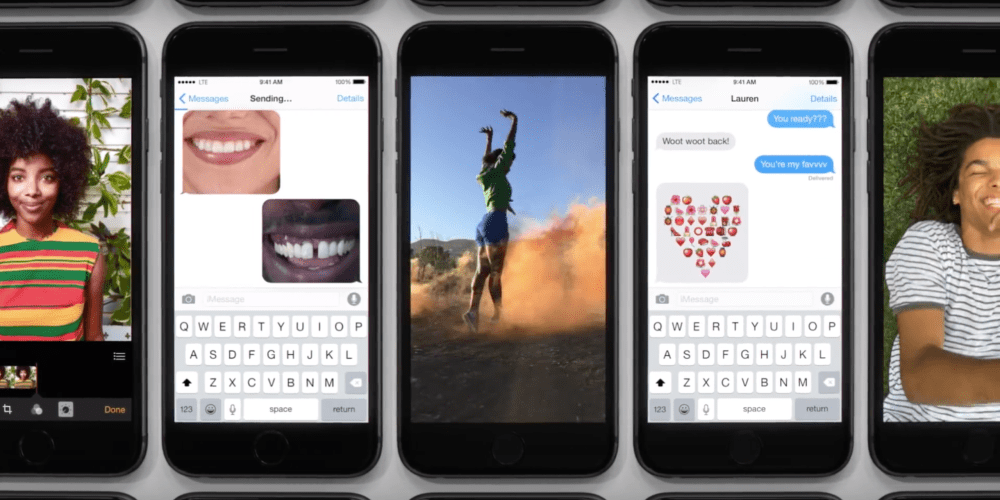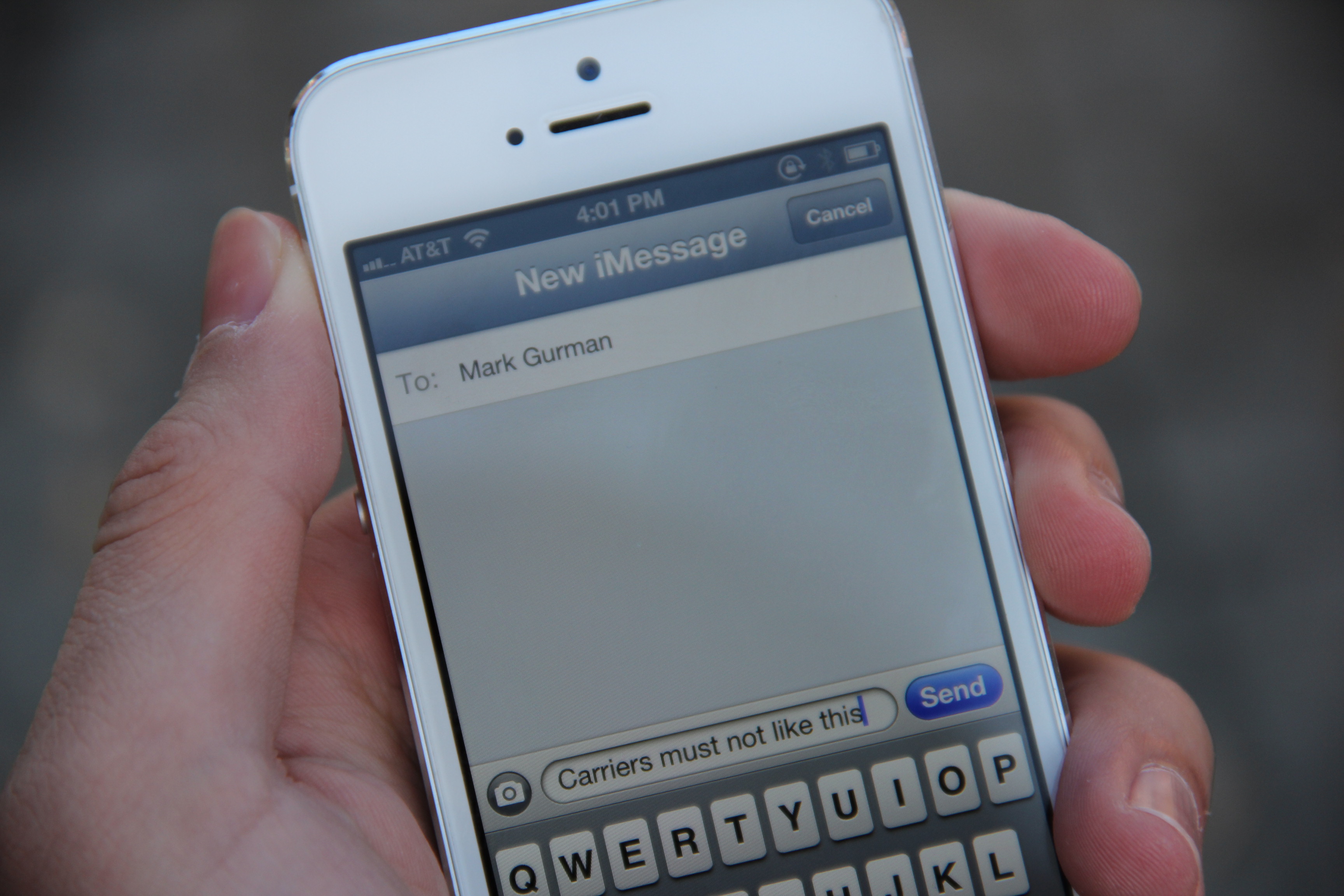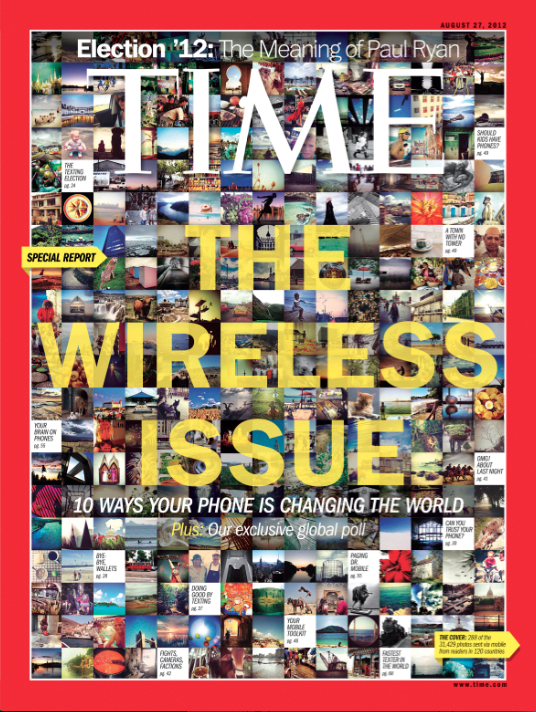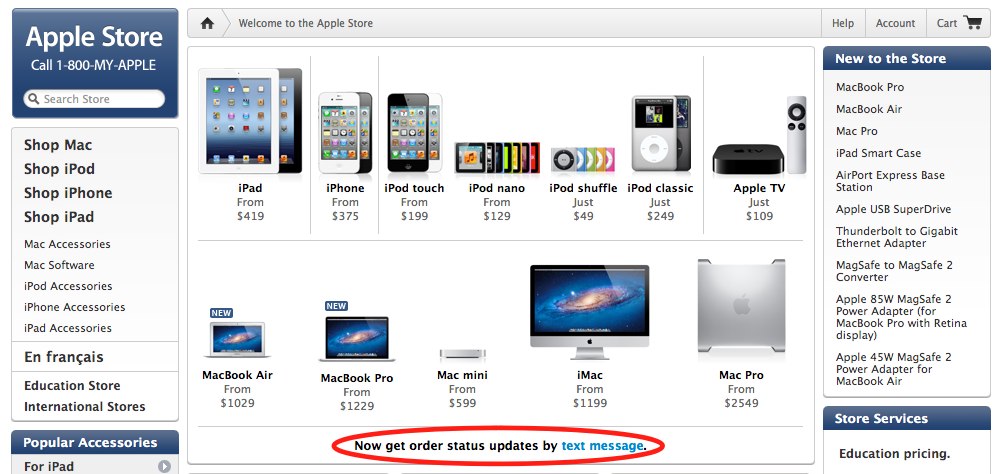Judge dismisses lawsuit over iMessage bug that caused undelivered texts to Android switchers

U.S. District Judge Lucy H. Koh today decided to stop a group lawsuit against Apple over undelivered text messages caused by an iMessage bug, Bloomberg reports. The issue drew a lot of attention last year when the bug with Apple’s messaging system caused former iPhone users that switched to Android to discover text messages were not being properly delivered to their phone number. In dismissing the lawsuit, Judge Koh explained that while Apple’s iMessage system may have resulted in lost text messages, their was inadequate evidence that the group faced a “contractual breach or interference” from iMessage…
Expand
Expanding
Close







 The Apple online store went down last night for a short while. It appears Apple made some minor tweaks, including the ability to receive text message notifications on orders. Apple is now displaying the following text in several sections of the online store in at least Canada and the United States: “Now get order status updates by
The Apple online store went down last night for a short while. It appears Apple made some minor tweaks, including the ability to receive text message notifications on orders. Apple is now displaying the following text in several sections of the online store in at least Canada and the United States: “Now get order status updates by